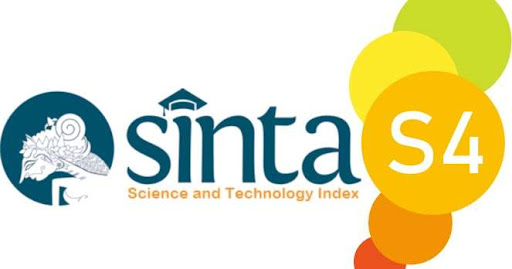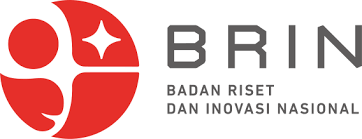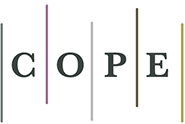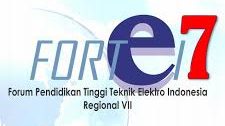Publication Ethics
Publication Ethics and Malpractice Statement
ENERGY (Jurnal Ilmiah Ilmu-Ilmu Teknik)
Published by Universitas Panca Marga
Ethical Guidelines for Journal Publication
The publication of scientific articles in ENERGY (Jurnal Ilmiah Ilmu-Ilmu Teknik), a peer-reviewed journal, plays a crucial role in advancing knowledge within the field of engineering and applied sciences. It reflects the quality of the authors’ work and the institutions that support it. To maintain high standards of academic integrity and research quality, ENERGY refers to the Committee on Publication Ethics (COPE) as the foundation of its ethical guidelines. These principles are applied rigorously to all parties involved in the publication process: authors, editors, reviewers, and journal managers.
As the official publisher, Universitas Panca Marga is firmly committed to upholding these ethical values at every stage of the publishing process. We ensure that editorial decisions are made independently and are not influenced by commercial, financial, or institutional interests. The Editorial Board may also coordinate with other journals and publishers if ethical clarification or action is required.
1. Publication Decisions
The editors of ENERGY are responsible for selecting articles that meet the journal’s academic standards and scope. Decisions are made based on the originality, clarity, methodological soundness, and relevance of the manuscript. The editorial team may consult with peer reviewers and consider applicable legal obligations, such as those related to libel, copyright, and plagiarism.
2. Fair and Objective Evaluation
Submitted manuscripts are evaluated based on their academic merit and content, without discrimination based on the author’s background, including race, gender, religion, political view, or institutional affiliation.
3. Confidentiality
All editorial staff and reviewers are required to treat submitted manuscripts as confidential documents. Manuscript information will only be disclosed to individuals directly involved in the review and publication process.
4. Disclosure and Conflict of Interest
Editors and reviewers must avoid using any unpublished information disclosed in a submitted manuscript for their own research without express written consent from the authors. Any existing or potential conflicts of interest must be disclosed to the editorial office.
5. Reviewer Responsibilities
- Maintain confidentiality of manuscripts at all times.
- Provide objective and constructive feedback to improve the quality of the manuscript.
- Identify unacknowledged relevant work in the literature.
- Notify editors if ethical concerns (such as plagiarism or data fabrication) are suspected.
- Decline to review if any conflict of interest arises.
6. Author Responsibilities
- Confirm that the manuscript is original, unpublished, and not under review elsewhere.
- Ensure all authors have contributed significantly and are listed properly.
- Participate in the review process and respond constructively to feedback.
- Disclose all sources of funding and conflicts of interest.
- Promptly report and correct significant errors in published works.
7. Editorial Responsibilities
- Make independent, fair, and timely publication decisions.
- Ensure the quality and integrity of published articles.
- Address any ethical concerns even post-publication, including issuing corrections or retractions when necessary.
- Uphold reviewer anonymity and prevent conflicts of interest.
- Ensure that all research published complies with internationally accepted ethical standards.
Commitment to COPE and Research Integrity
ENERGY (Jurnal Ilmiah Ilmu-Ilmu Teknik) upholds the principles of COPE in all aspects of publication ethics. By submitting to this journal, authors, editors, reviewers, and editorial staff agree to adhere to these standards to prevent research misconduct, including plagiarism, falsification, duplication, and unethical authorship.













